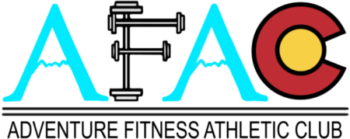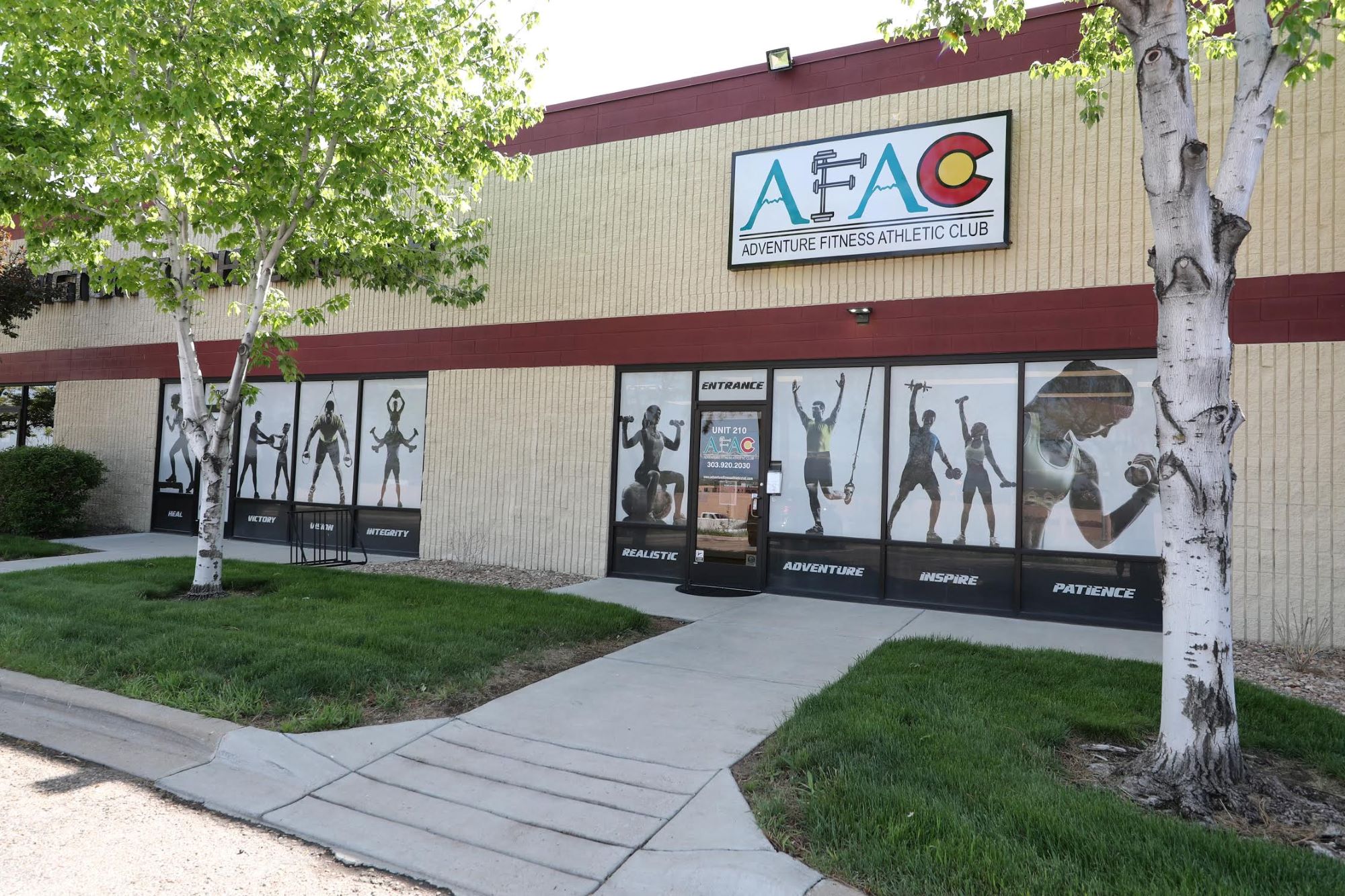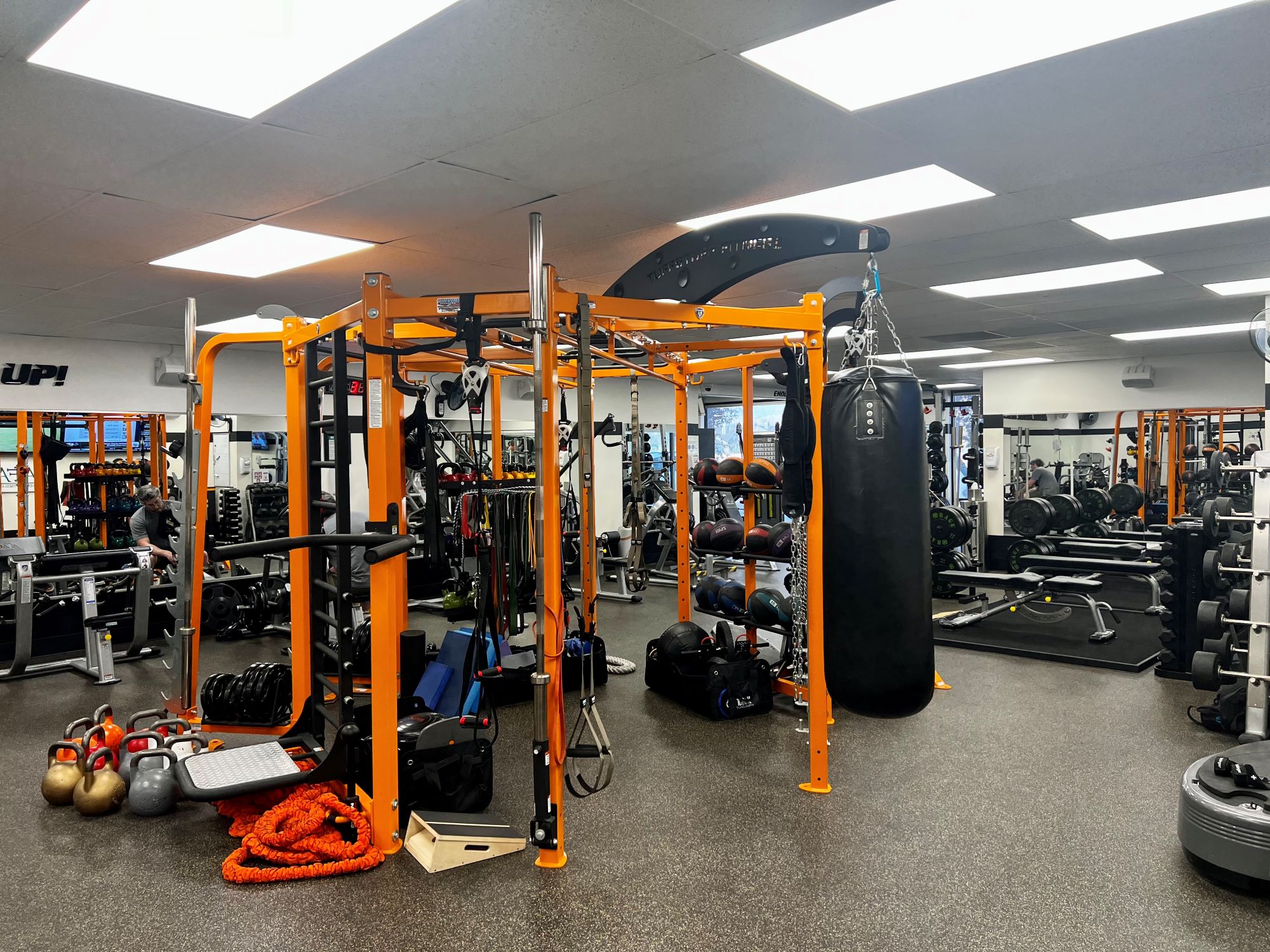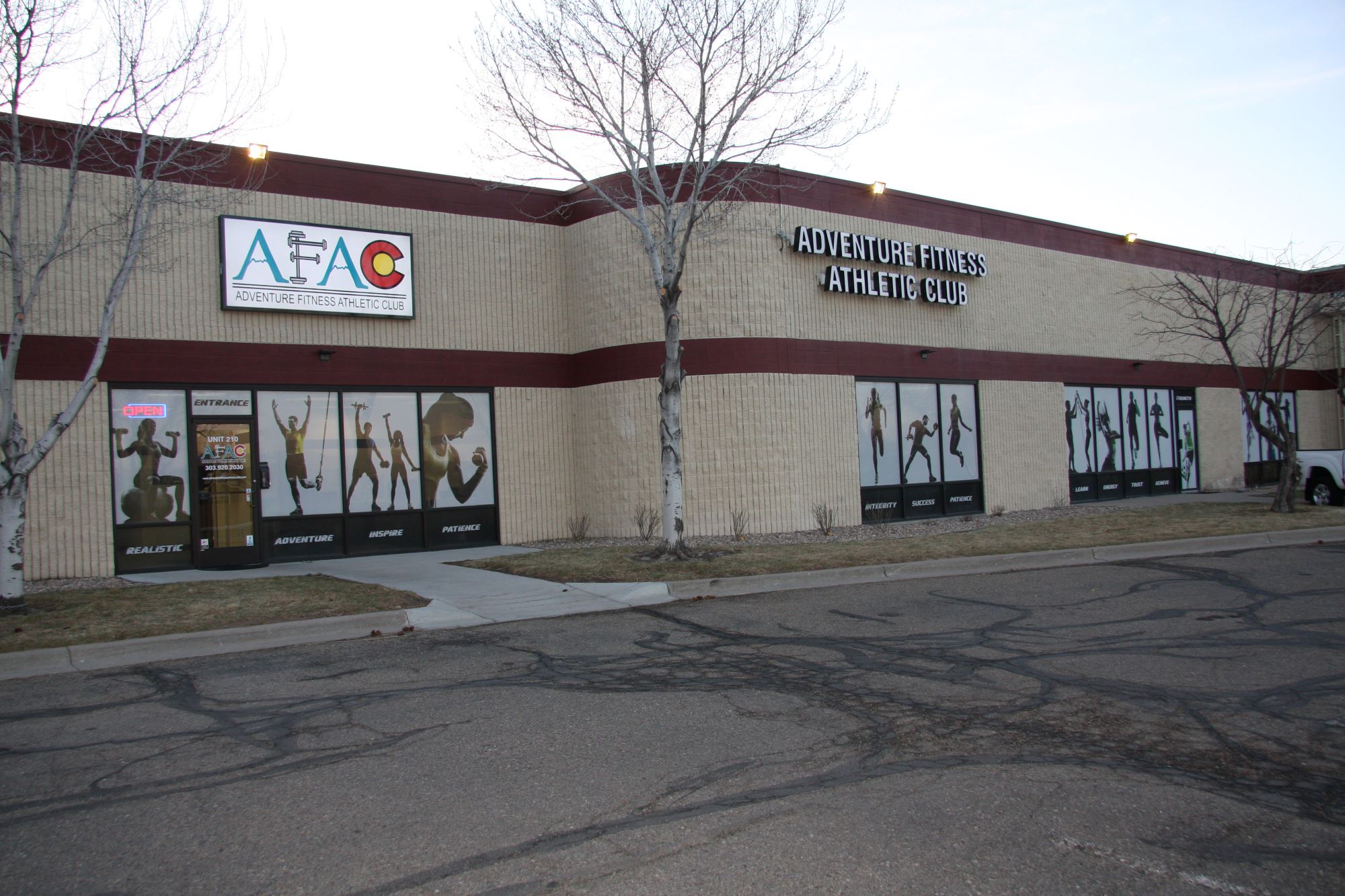When you work out at Adventure Fitness Athletic Club, you ask a lot from your body, particularly your muscles. And the harder you work out, the more support your muscles will need to recover and rebuild. There are three main things you can do to help your muscles come back better than ever after your workouts, which are: resting, being consistent with your workouts over time, and eating protein.
That’s right, eating protein is an important part of making your muscles stronger after a workout. Regardless of what type of workout you’re doing — whether it’s a jog on the treadmill or an hour of heavy deadlifting — a meal or snack filled with protein is what you should be noshing on as soon as you’ve finished exercising.
In this blog, we’ll explore what protein is, why it’s important to your body, and some high-protein foods you can eat to make your muscles stronger after your workouts at our Thornton, CO, gym.
What is protein?
Protein is one of three macronutrients, the other two being fats and carbohydrates. The body needs large amounts of macronutrients because they contain the calories (energy) we need to survive. Protein contains 4 calories per gram and makes up about 15% of the average person’s body weight. Much of this protein is in the muscle tissue, as about 40% of a healthy adult’s body weight is muscle, which is made up of about 20% muscle protein.
What are amino acids?
Chemically speaking, protein is made up of amino acids, which are organic compounds made of hydrogen, oxygen, carbon, nitrogen, and sulfur. These amino acids are the building blocks of proteins, and proteins are the building blocks of muscle.
When you eat protein, your body breaks it down into amino acids, which are used to build muscle, as well as regulate immune function, synthesize hormones and neurotransmitters, and perform other important tasks in the body.
Your body needs 20 different amino acids to function properly. Eleven of these amino acids can be made by your body and are considered “nonessential.” The other nine amino acids are considered “essential” because your body can’t make them so you must consume them in your diet.
What are the essential amino acids?
The nine essential amino acids — the amino acids that you must obtain through your diet — are as follows:
- Histidine facilitates the creation of blood cells, tissue repair, and growth. It also helps sustain the protective covering over nerve cells. Fish, poultry, meat, seeds, nuts, and whole grains contain histidine.
- Isoleucine, which is primarily present in muscle tissue, aids immunity, blood sugar regulation, hormone production, energy level regulation, and wound healing. Meat, fish, eggs, poultry, nuts, seeds, and cheese contain isoleucine.
- Leucine assists in the growth and repair of muscle tissue and bone. It also plays a role in blood sugar regulation and wound healing. Soy, dairy, beans, and legumes contain leucine.
- Lysine helps build muscle, maintain bone strength, and regulates hormones, antibodies, and enzymes. Meat, eggs, soy, and quinoa contain lysine.
- Methionine plays an important role in maintaining healthy and strong nails and hair. It also facilitates the removal of heavy metals from the body. Eggs, nuts, seeds, and grains contain methionine.
- Phenylalanine helps the body use enzymes, proteins, and other amino acids. It’s also necessary for certain brain functions. Meat, poultry, fish, dairy, soy, and nuts contain phenylalanine.
- Threonine is essential for healthy skin and teeth because it’s a component of tooth enamel, elastin, and collagen. It also may help people with mild depression, anxiety, and digestive issues. Cottage cheese contains high quantities of threonine.
- Tryptophan is a precursor of serotonin (which regulates appetite, sleep, mood, and pain) and melatonin (which regulates sleep). You may recognize it as a sedative that’s used in some sleep aids. Turkey, chicken, cottage cheese, and wheat germ contain tryptophan.
- Valine is important for emotional calm, muscle coordination, and metal focus. It’s also believed to help muscle growth, energy levels, and tissue repair. Cheese, soy, mushrooms, peanuts, whole grains, and vegetables contain valine.
What foods should I eat to get more amino acids in my diet?
The best sources of amino acids are animal-based proteins like poultry, fish, meat, and eggs, but there are good vegan sources, as well. Foods that contain all 9 essential amino acids are known as “complete” proteins. Here are some examples of the top sources of dietary amino acids:
- Eggs — Eggs contain all 9 essential amino acids and they are easily utilized by your body.
- Quinoa — Quinoa also contains all 9 essential amino acids and is a good source of fiber.
- Soy — Soy protein, found in soybeans, is one of the only vegetable-based foods that contain all 9 essential amino acids. It’s also a good source of iron, calcium, fiber, B vitamins, and zinc.
- Turkey — Turkey, chicken, and other lean meats help you get all 9 essential amino acids without overdoing your saturated fat intake.
- Mushrooms — Mushrooms contain all of the essential amino acids and actually contain a total of 17 amino acids.
- Fish — Salmon is an excellent source of essential amino acids and it also contains omega-3s, which is a heart-healthy fatty acid. If you don’t like salmon, most other types of fish contain essential amino acids, as well.
- Dairy — Yogurt, cottage cheese, and low-fat cheeses have all 9 essential amino acids and also are an important source of calcium which is important for bone health. That’s why a yogurt protein smoothie is always a great idea after a workout!
Under certain conditions, such as during extreme illness or stress, other amino acids can become “conditionally essential” because your body can’t make enough of them. A doctor can help you determine if you need more of a conditionally essential amino acid and how to incorporate more of it into your diet.
Why is protein important after your workouts?
Chances are, you’ve given a lot of thought about what you eat before your workouts, but consuming the right nutrition after your workouts is just as important!
When you work out, your muscles do a couple things — they use up their glycogen (sugar) stores for fuel, and their proteins get broken down and damaged. After your workout, your body will try to rebuild its glycogen stores and repair those muscle proteins.
The concept here is relatively simple — your muscles are more sensitive to protein after you work out and are more likely to absorb protein immediately after a workout than at any other time during the day.
The muscle damage forces your muscles to rebuild and grow stronger so that they’re able to do what you’re asking of them in the future. Your muscles need high-quality protein to rebuild, which is why eating protein after a workout increases the effectiveness of the exercise, helps to repair your muscles, and pushes your muscles to build new tissue and grow stronger. If you’re exercising regularly but don’t notice your muscles getting bigger or stronger, the reason could be that you don’t consume enough protein in your diet.
Athletes routinely use isoleucine, leucine, and valine to improve their performance. These amino acids can provide extra energy during exercise. Research also shows that taking amino acid supplements after exercise reduces muscle soreness and muscle damage.
In addition, your body constantly uses protein through many daily functions, so it’s important to consume ample protein every day.
How much protein do you need, and when?
Studies have shown that ingesting 20-40 grams of protein after a workout seems to maximize the body’s ability to recover. More specifically, it’s recommended that you consume 0.14-0.23 grams of protein per pound of bodyweight very soon after a workout. For a 150-pound person, that would mean 21-34.5 grams of protein.
In addition, you should consume this protein within 30-60 minutes after working out.
Carbs help with recovery, too
As mentioned previously, your muscles keep a supply of glycogen on hand for energy. Glycogen is a form of sugar that’s easily stored by your muscles and liver, and it quickly gets used up during a workout. Consuming 0.5-0.7 grams of carbs per pound of bodyweight after exercise usually results in good glycogen recovery.
Considering this, try consuming carbs and protein in a ratio of 3:1 after exercise. This would mean, for example, 60 grams of carbs paired with 20 grams of protein.
What are some examples of foods you should eat after a workout?
Your post-workout meal should be easy to digest and supply your body with the nutrients it needs to recover. Here are some examples of foods that fit these specs:
- Protein — protein powder, protein bars, eggs, Greek yogurt, salmon, chicken, cottage cheese, tuna
- Carbs — quinoa, banana, berries, kiwi, pineapple, sweet potatoes, rice, rice cakes, oatmeal, pasta, spinach, broccoli
- Fats — nuts, nut butters, avocado
With these options in mind, consider eating any of the following after your workout:
- Grilled chicken with roasted veggies
- Egg omelet with toast and avocado spread
- Salmon and sweet potato
- Veggie burger on whole-wheat bun
- Tuna salad sandwich on whole-wheat bread
- Pita and hummus
- Greek yogurt with banana and berries
- Protein shake with banana
- Quinoa bowl with pecans and berries
- Whole-grain wraps with fresh avocado, lean meat, and greens
- Low-fat chocolate milk
- Whole-wheat English muffin or pita topped with turkey and hummus
Pack on the Protein After Working Out at AFAC
Adventure Fitness Athletic Club offers the most diverse array of workout opportunities in the Thornton, CO, area. Whether you want to lift weights, stretch, climb, row, or try kickboxing, AFAC provides everything you need to achieve your fitness goals. Please contact us to learn more about why we’re the best gym in the Thornton area, and also for tips on protein-rich foods you can eat after you work out with us. For more information about our gym, visit us or contact Susan at 720-849-0245 or susan@adventurefitness.club.
To read more articles from Adventure Fitness Athletic Club, check out our Adventure Corner blogs by clicking here.







